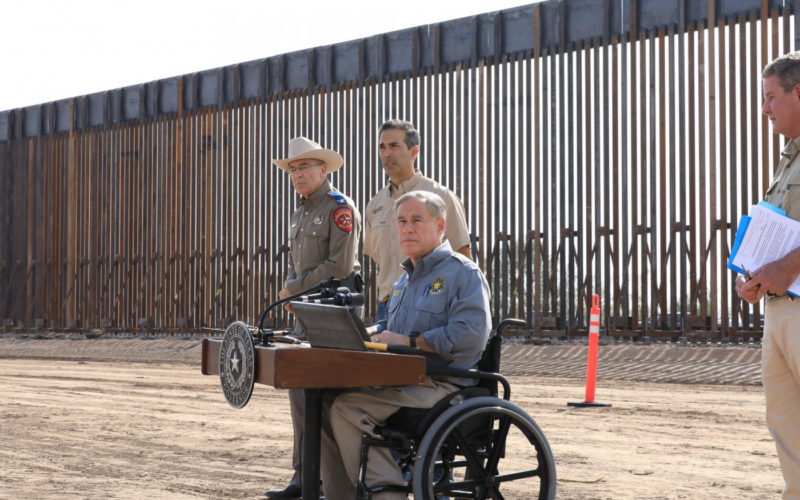In a bold move reflecting his commitment to confronting the fallout from federal immigration policies, Texas Governor Greg Abbott has mandated that hospitals in the state begin collecting data on the immigration status of patients. This executive order, a direct response to what Abbott describes as the burdensome costs of the Biden administration’s open border policies, aims to provide transparency and accountability regarding the financial impact on Texas.
Governor Abbott’s decision comes amid growing frustration over the federal government’s approach to border control, which he argues has left Texas unfairly shouldering significant financial responsibilities. The new order requires hospitals to track and report statistics on inpatient discharges, emergency visits by undocumented migrants, and the associated costs of their care. This data will be compiled quarterly and submitted to the Texas Health and Human Services Commission, which will then provide updates to state officials.
Abbott’s stance is clear: “Due to President Joe Biden and Vice-President Kamala Harris’ open border policies, Texas has had to foot the bill for medical costs for individuals illegally in the state,” he said in a statement. “Texans should not have to shoulder the burden of financially supporting medical care for illegal immigrants.” This measure, according to Abbott, is a necessary step to hold the Biden administration accountable for what he deems “costly and dangerous” border policies.
Critics of the order, including some immigration advocates, argue that it could lead to racial profiling and deter migrants from seeking necessary medical care. They claim the move could transform healthcare providers into de facto immigration enforcement agents, potentially intimidating undocumented individuals from accessing essential services. Sylvia Garcia, a Democratic US representative, labeled the order as “social engineering” that risks turning doctors into immigration officers.
However, Governor Abbott’s executive order maintains that patient care will remain unaffected, despite concerns from experts. The order emphasizes that healthcare providers will not be responsible for enforcing immigration laws but will simply collect data to better understand the financial impact of current immigration policies on the state’s healthcare system.
The financial burden on Texas is not insignificant. In 2021, Teaching Hospitals of Texas reported that “uncompensated charity care” cost the state’s hospitals approximately $7 billion. This figure underscores the substantial financial strain faced by Texas due to undocumented migrants, although specific costs related to immigration status were not detailed.
Abbott’s order reflects a broader pattern of challenging federal immigration policies. Under his leadership, Texas has engaged in various high-profile actions, such as bussing migrants to Democratic-led cities and constructing floating barriers along the Rio Grande to deter crossings. These measures have highlighted the state’s ongoing struggle with federal immigration policies and its efforts to address the repercussions locally.
Despite the criticism, Abbott’s move represents a significant effort to address and clarify the economic impact of federal border policies on Texas. With the number of unlawful crossings reportedly declining, Abbott’s order may serve as a critical tool in assessing and managing the true costs of immigration on state resources. For Texans, this step represents not only a response to federal policies but also a commitment to transparency and accountability in managing the state’s resources amidst ongoing immigration challenges.








